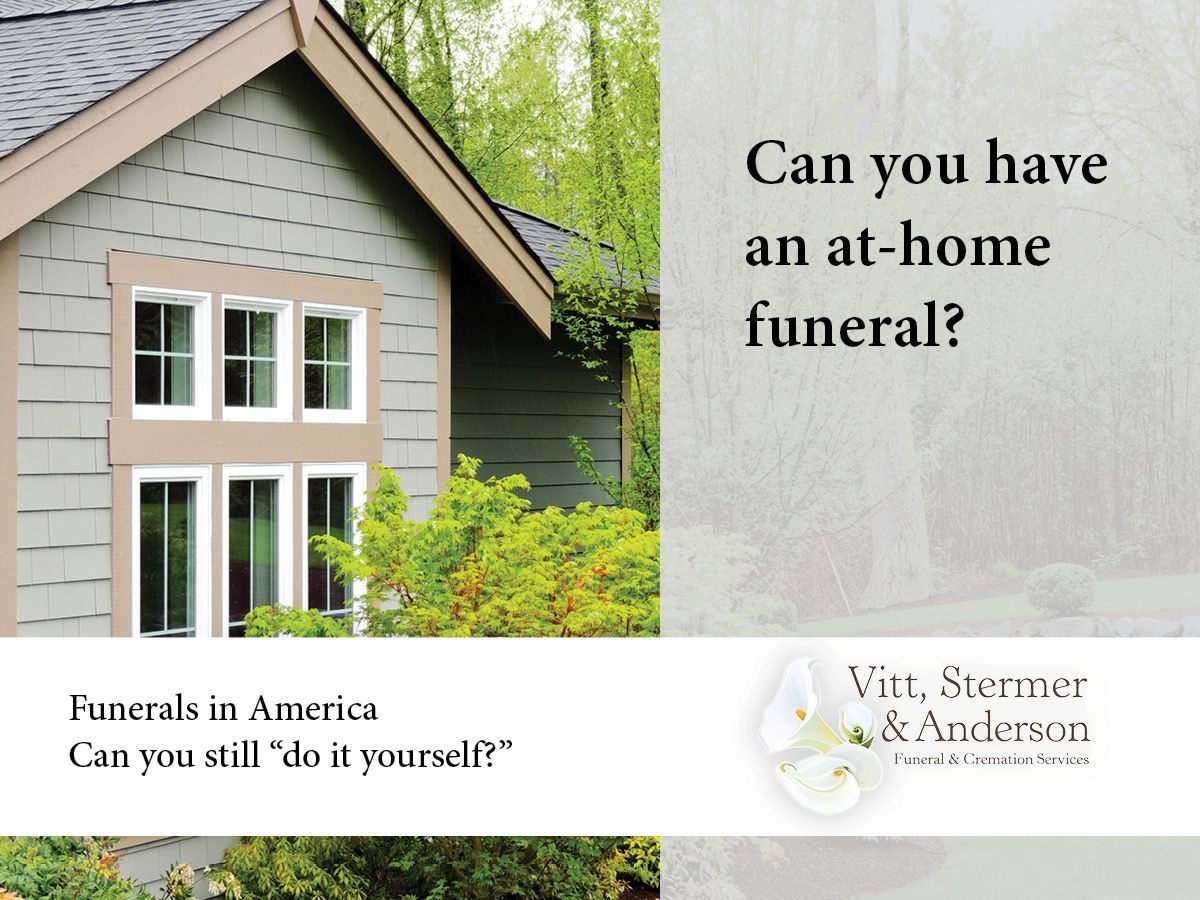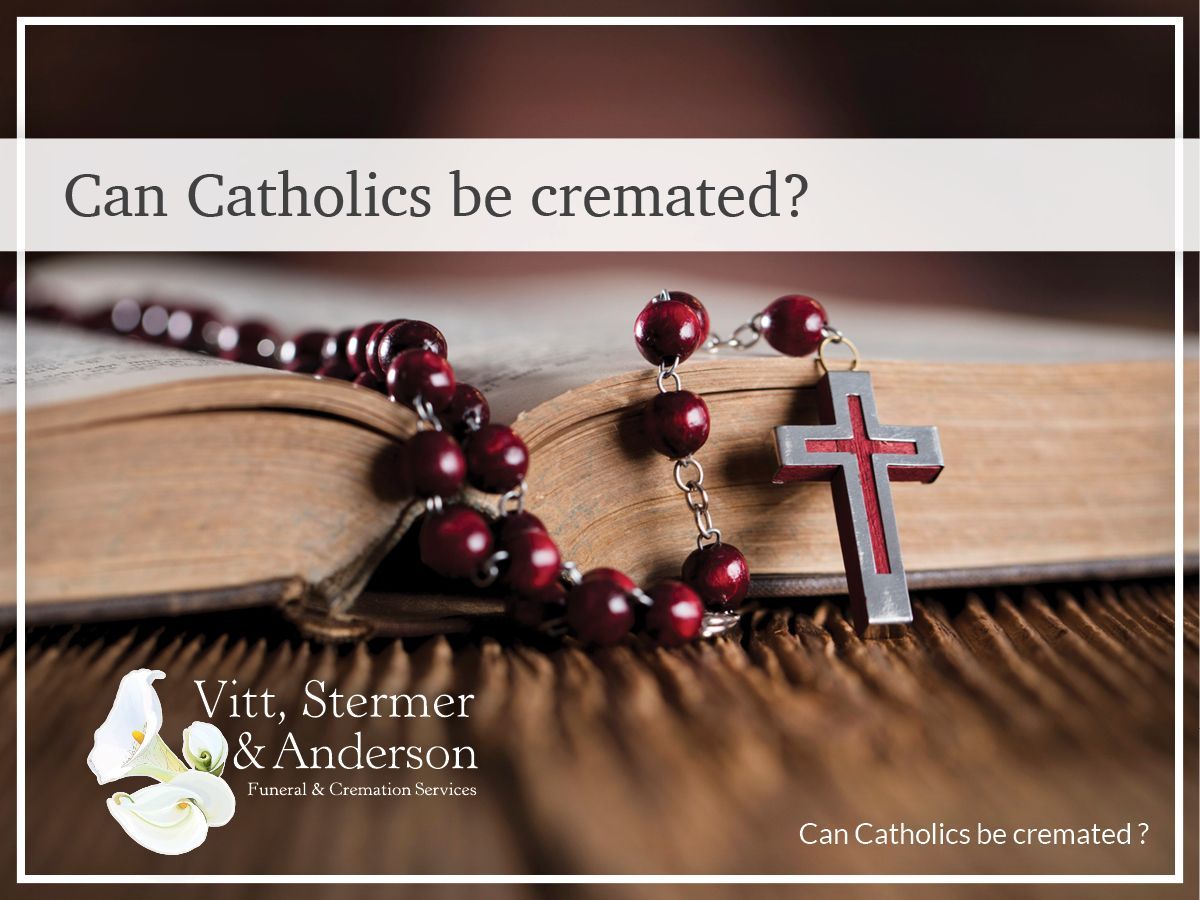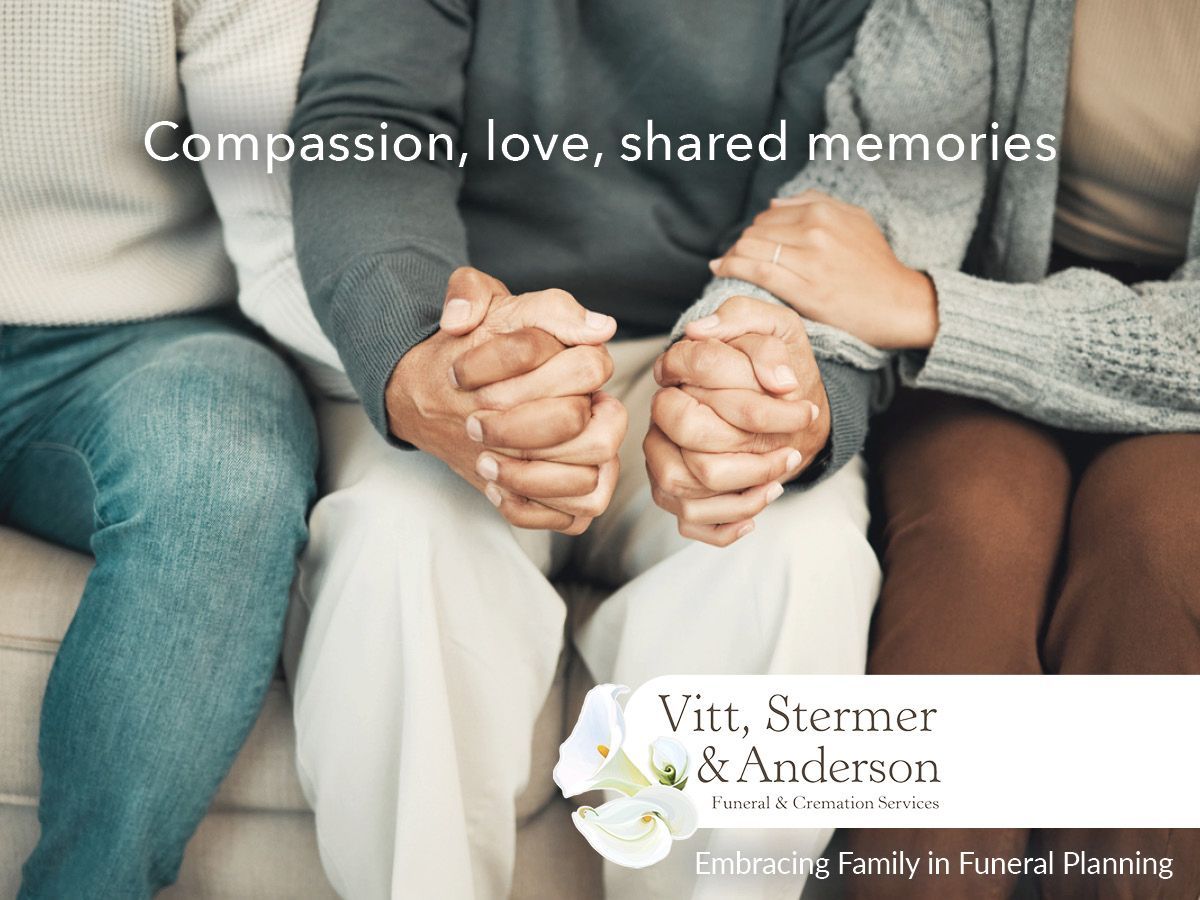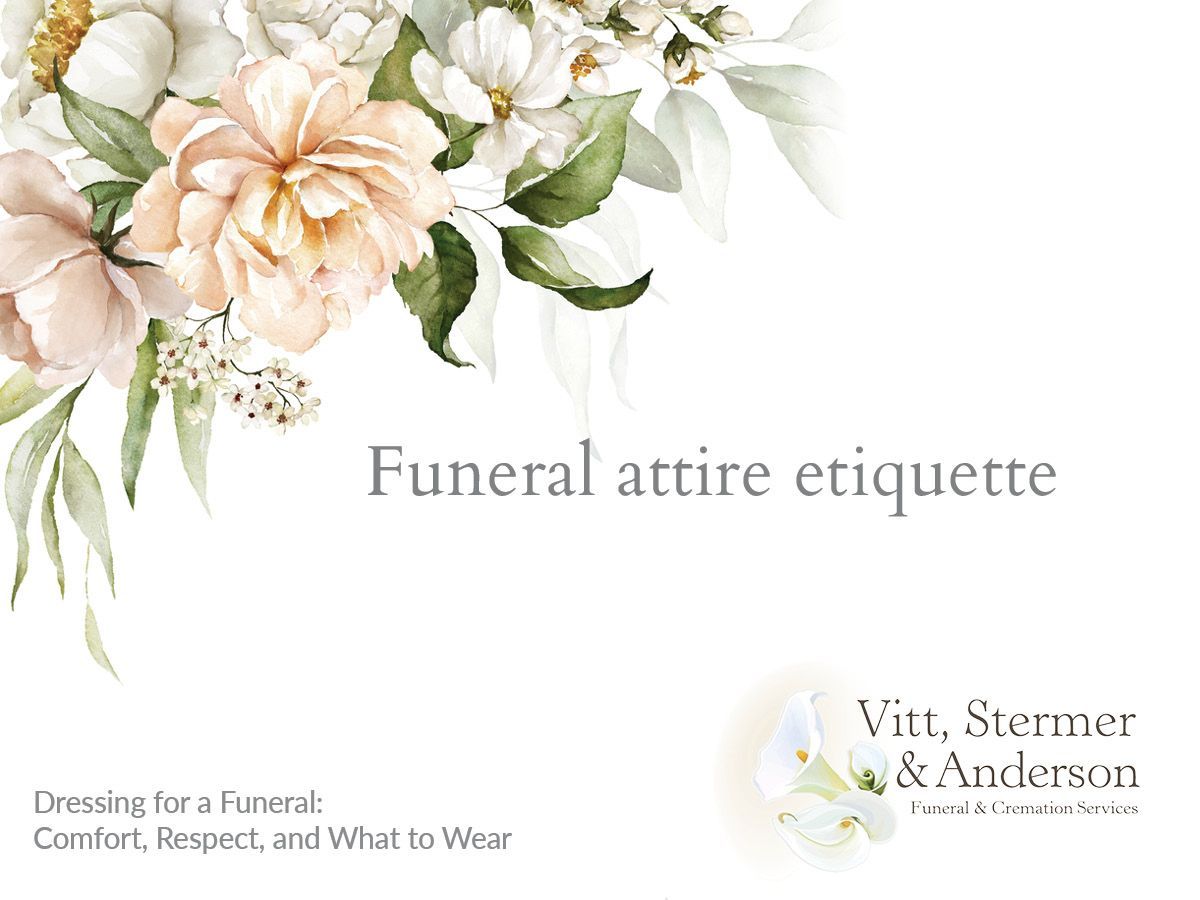What to do When Someone Dies – Choosing a Funeral Home or Other Deathcare Provider
For many families, choosing a funeral home or deathcare provider means weighing several options carefully. Especially in larger areas, there can be many different funeral homes servicing a community. How do you know which one is right for your needs? It starts with deciding just what those needs are.
What to Consider When Choosing a Funeral Home or Deathcare Provider
1. Check if your loved one preplanned or prepaid for their funeral.
Your loved one may have already decided on their deathcare provider and worked with them to plan their funeral. If you did not talk to your loved one before they passed about what they wanted in their funeral, check their medical or legal documents. There may be notes in there about any funeral plans they’ve made. Once you know that your loved one worked with a funeral home to plan their services and disposition, contact their funeral director and set up a time to go over what they’ve set up.
Talk to the funeral director about what’s been planned and what hasn’t, as well as whether or not your loved one prepaid for their funeral. They may have paid toward their funeral without fully paying, or their full plans may already be covered. Once you know how much has been mapped out, you’ll be able to use that blueprint to plan the funeral your loved one wanted and make additional decisions about what was not yet chosen.
2. Talk to your family members who are involved in the decision-making process.
If your loved one did not preplan their funeral, your first step to deciding on a deathcare provider is to speak with other family members involved in making decisions for your loved one’s deathcare. Through having this discussion, you may find that one of your family members has a personal connection to a funeral home or funeral director. Planning a funeral is a very personal experience, and you may discover that working with someone your family knows makes the process more comfortable.
During this discussion, you should also talk about the details of how your family envisions the funeral and disposition. Will you be having a traditional funeral or direct burial or cremation? Will you have additional services, such as a viewing or visitation? In order to answer these questions, you may want to discuss what a reasonable budget looks like. That budget can help inform what types of services you can have, which will determine what kinds of deathcare providers you want to work with.
3. Call local funeral homes and speak with the funeral directors.
If your loved one did not preplan their funeral with a local funeral home, you’ll have to screen and vet funeral homes to see if they fit your needs. Once you have an idea of what you’re looking for in your loved one’s deathcare, start making calls to local funeral homes or setting up meetings with funeral directors. During these conversations, you’ll want to ask questions about what the funeral home offers to see if their offerings align with your needs. Some questions to consider include:
● What types of services do you do?
● How can we personalize our loved one’s funeral?
● How do you care for our loved one before the day of the ceremony?
● What kinds of caskets or urns do you offer?
● What is included in your funeral costs?
● Do you handle our loved one’s paperwork, such as by requesting death certificates?
● What crematories or cemeteries do you work with?
● Do you offer grief counseling?
● Do you have any special offers for veterans?
While speaking with the funeral directors, your goal is not just to receive the answers that you’re looking for. You also want to get a feel for your compatibility with this funeral director. Planning a funeral can be a very stressful experience, but working with a funeral director who is personable, professional, and eager to assist you makes the process less overwhelming. You want to be sure you can have a good relationship with the funeral director you’re speaking with. If something feels off in your conversation, you may want to consider a different funeral home.
4. Tour local funeral homes’ facilities to see if they match your needs.
If your initial conversation with the funeral director goes well, ask to tour the funeral home’s facilities. It’s crucial that the funeral home can suit your needs physically as well as emotionally. Not only do you need to have compatibility with the funeral director, but the funeral home itself must be compatible with the funeral you want to have. Some things to consider while touring the funeral home include:
● Is it large enough to fit all of the funeral-goers?
● Is there enough parking for the expected guests?
● Is the location convenient for where your guests are coming from?
● Do the facilities suit your religious or cultural needs, such as by having a chapel for religious services?
● Do the facilities include the technology you’ll need, such as projectors or monitors you’d like to use for a memorial slideshow?
By the time you choose a funeral home, you should have a clear idea of what you’re looking for and what you’re not. The right funeral home will help you through this challenging time, being a helping hand and a guiding light that shows you the best decisions for you and your loved one. Once you find a funeral home that fulfills your needs, you can begin the process of planning an event that truly celebrates who your loved one was.












